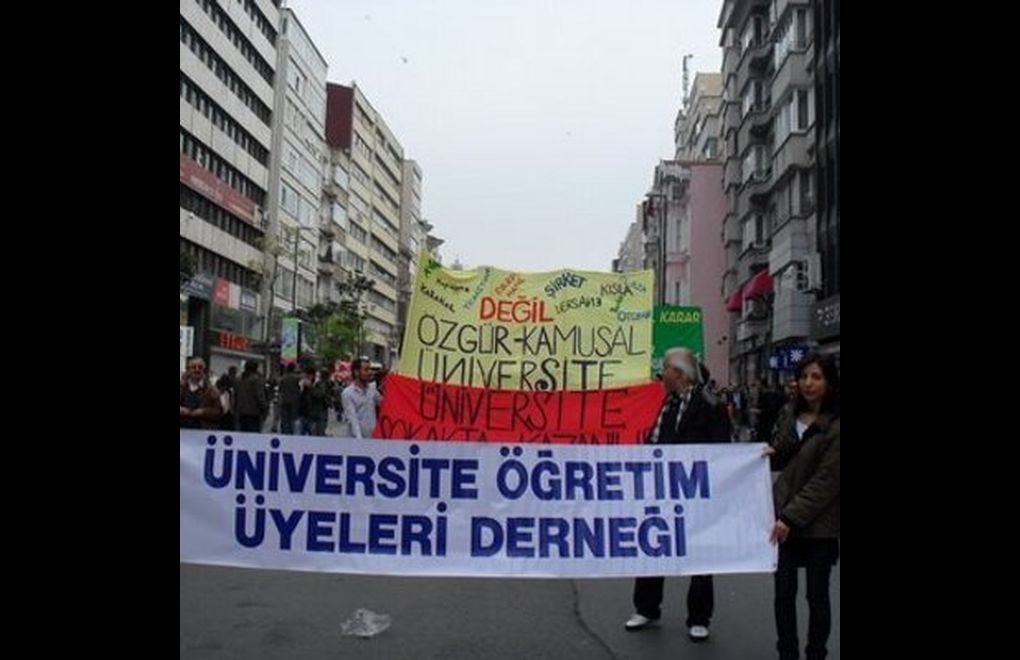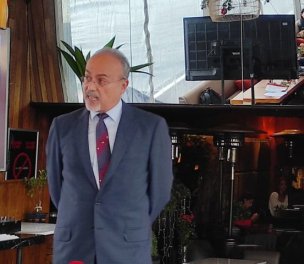* Photo: ÜNİVDER social media
Click to read the article in Turkish
The University Faculty Members Association (ÜNİVDER) has shared its opinions as to the recently amended law on higher education in a statement.
"The Law Foreseeing Amendments to the Law on Higher Education and Some Laws" was drafted by the Council of Higher Education (YÖK), passed by the Parliament and published on the Official Gazette on April 17.
The law has introduced detailed amendments to the working conditions and academic works of faculty members.
CLICK - Full statement of the ÜNİVDER (in Turkish)
In its nine-page statement shared with the public yesterday (May 13), the Association has noted that "the law on higher education does not comply with the mindset of universities and restricts academic autonomy as well as freedom of expression and freedom of thought."
"We would like to announce it to the academic community that we are both against the law as to its merits and these recent amendments," the ÜNİVDER Association has protested.
Other highlights from the statement are as follows:
'Law amended without consulting academia'
"This law amendment that concerns the academic community quite closely was, again, made without consulting universities, colleges or unions and associations in the field of education. It has, of course, not surprised us because it is how laws have been enacted for years now.
"The law amendment has introduced comprehensive changes, ranging from the functioning of foundation universities and lectures of instructors to the conditions of appointment and disciplinary provisions of the law no. 2547. According to our association, they are changes that will lead to great problems in addition to the existing handicaps in the law on higher education.
'Academic freedom is being violated'
"For us, the most striking changes introduced by the new amendment are the ones in provisions on discipline. The amendments in these disciplinary provisions pertaining to instructors reinforce the repressive and prohibitive work environment and threaten academic freedom.
"Some ambiguous and open-ended expressions used in this recent amendment to the law on higher education pose worrying risks.
"Especially the ambiguities in the articles on security and disciplinary punishments run the danger of arbitrary interpretation by administrators.
"The most fundamental principle in the university must be academic freedoms and scientific autonomy. Proceeding in the direction of an education system which does not take these most fundamental principles into consideration and excludes the differences while praising the similarities and unities indicates a very dangerous totalitarian mindset of education.
"The government should avoid an understanding that will shape the education according to its own ideology with the amendments to the law on higher education and abandon repression, violence and patronizing policies in all areas of social life, especially in education." (EMK/SD)






